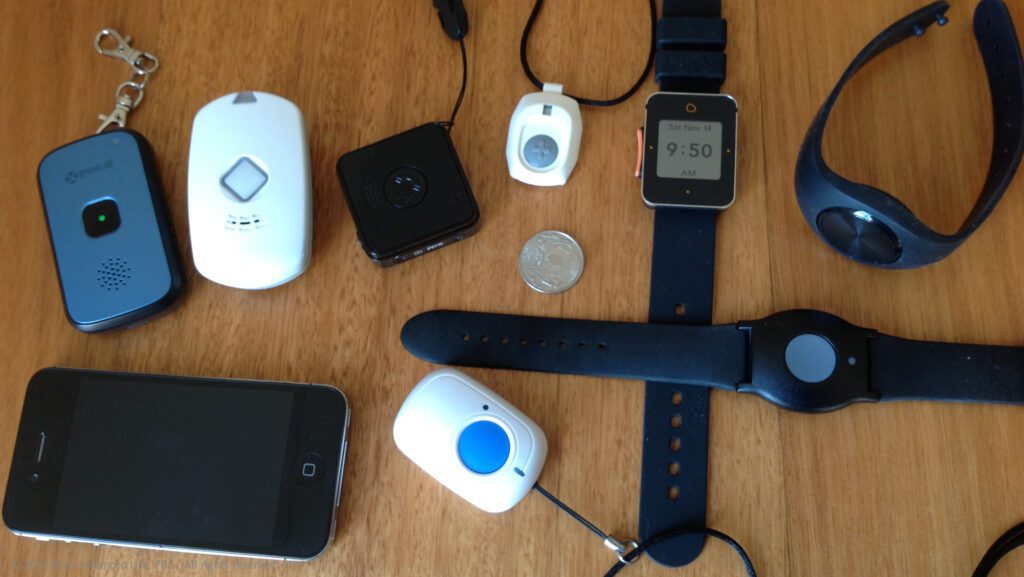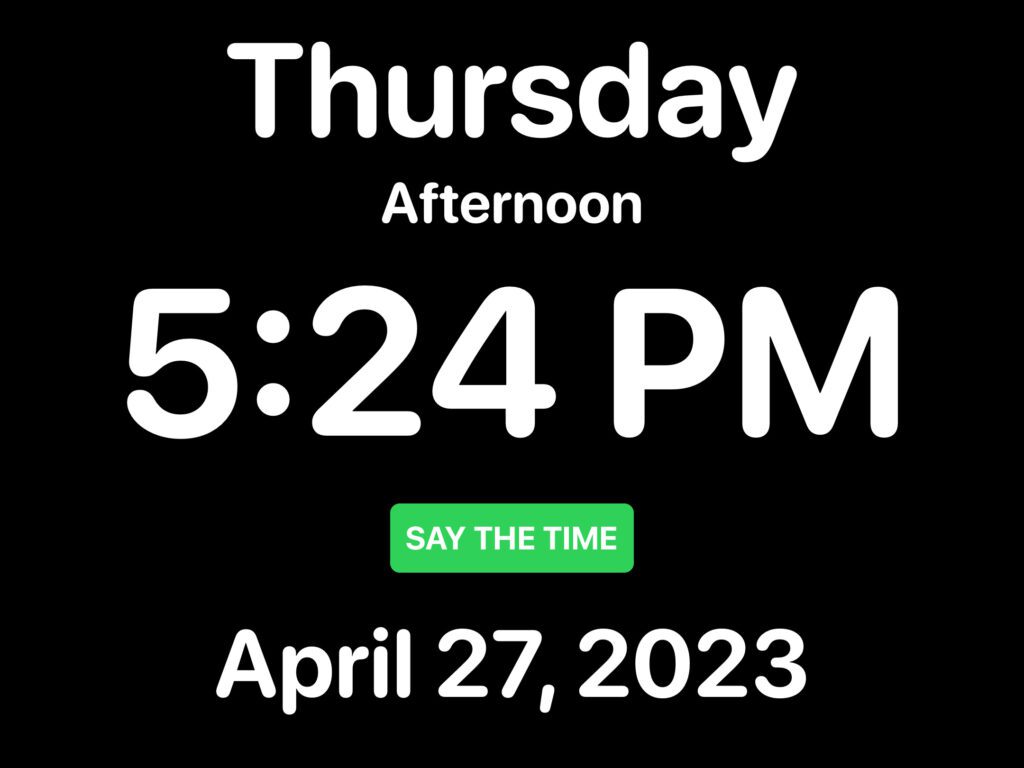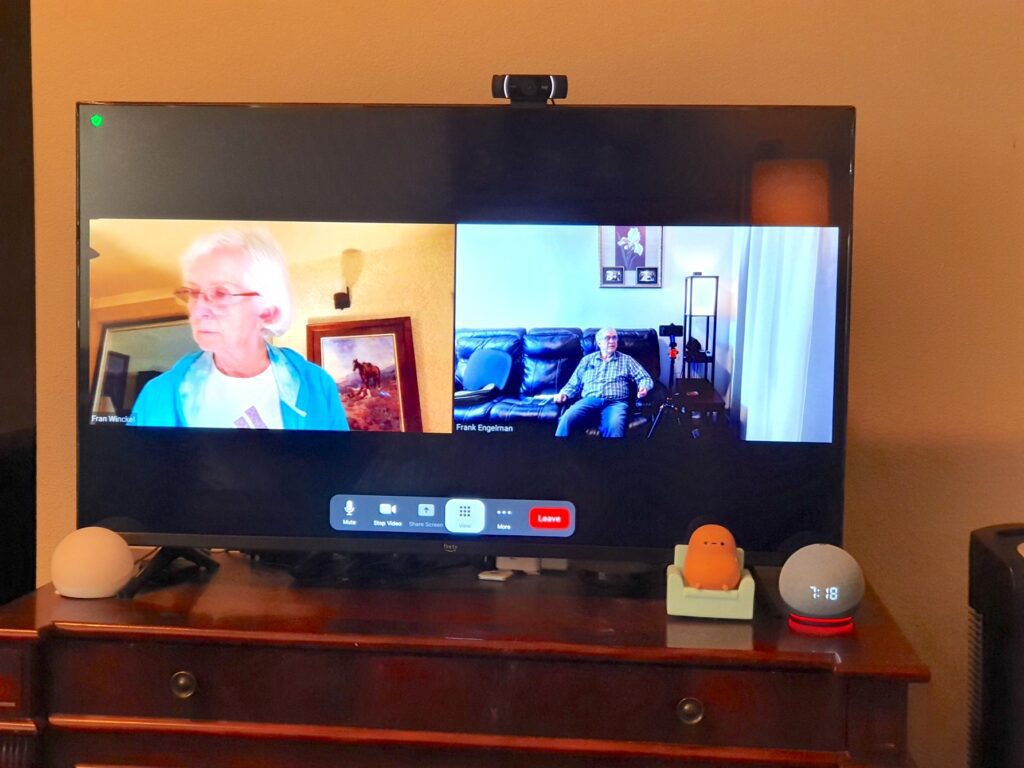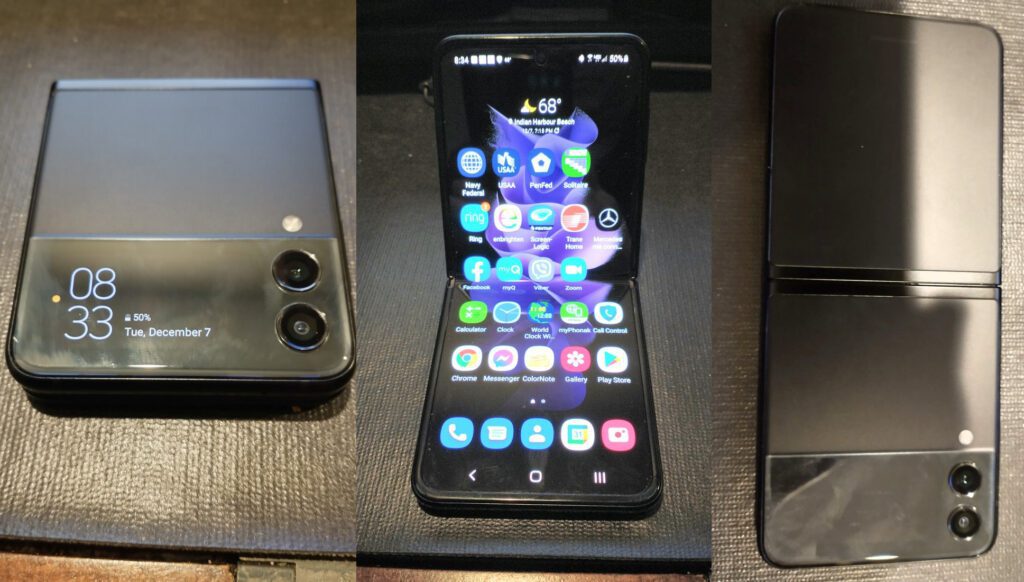Most of our research is designed to help older adults and their families make decisions and choices about topics that impact quality of life as we grow older — choices like which products and services can help older adults live independently for longer, and delay the time at which growing older gets in the way of living life to the full.
In addition, some of our work is designed to help innovators develop products and services that older adults like us will actually want and find useful.
Recent Analysis and Exploration
Archive: Medical Alert Research (Historical)
Archival research on medical alert systems, no longer updated.
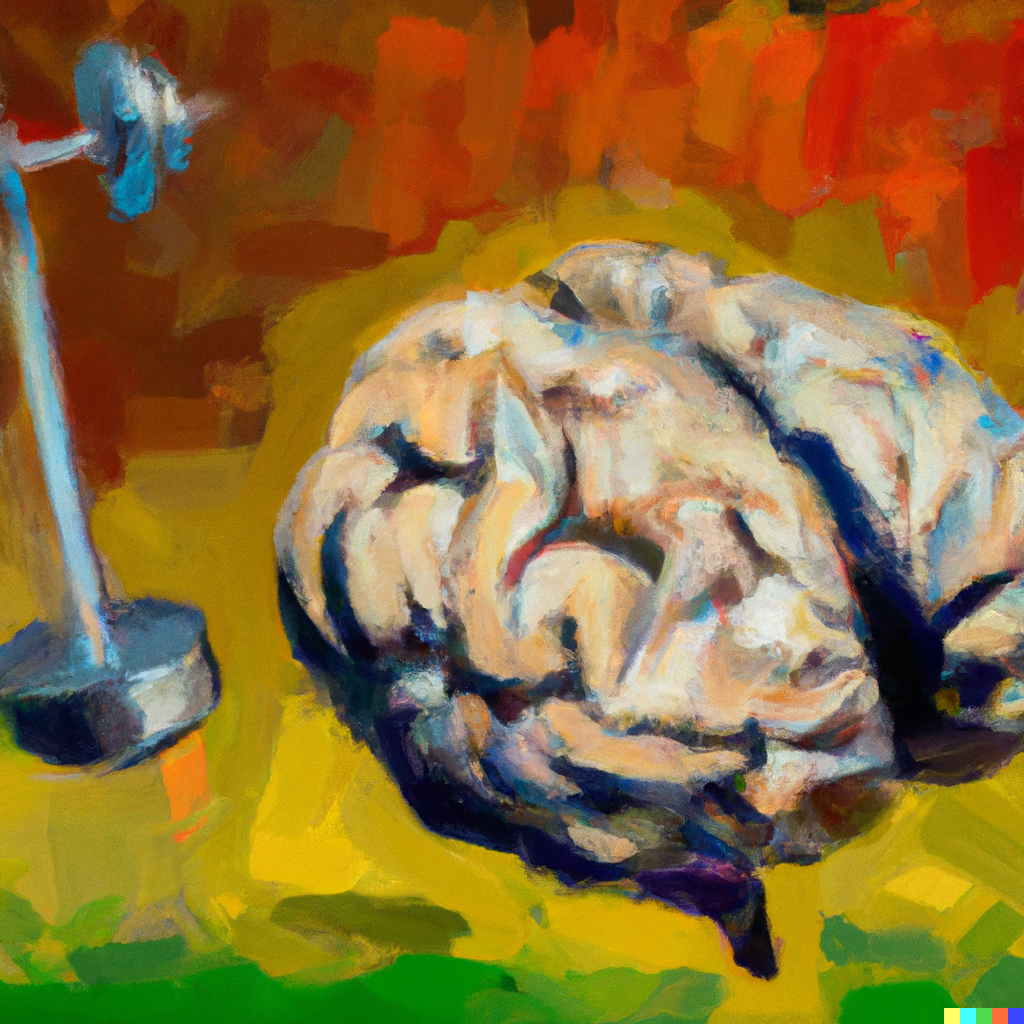
Brain Training: How Real are the Benefits?
As part of our search for a brain check engine light, we started evaluating a specific brain training product (BrainHQ) that has the ability to both measure aspects of brain function, and potentially “train” and improve them.
In this second part of our report, we look at what is known about the benefits of this type of brain training, and try and answer the question “Will brain training improve my everyday life (now or in the future)?”
For years we have been looking for an excuse to dig deeply into the topic of what is and is not known about the effectiveness of brain training. We finally got around to it, and this post shares what we learned.
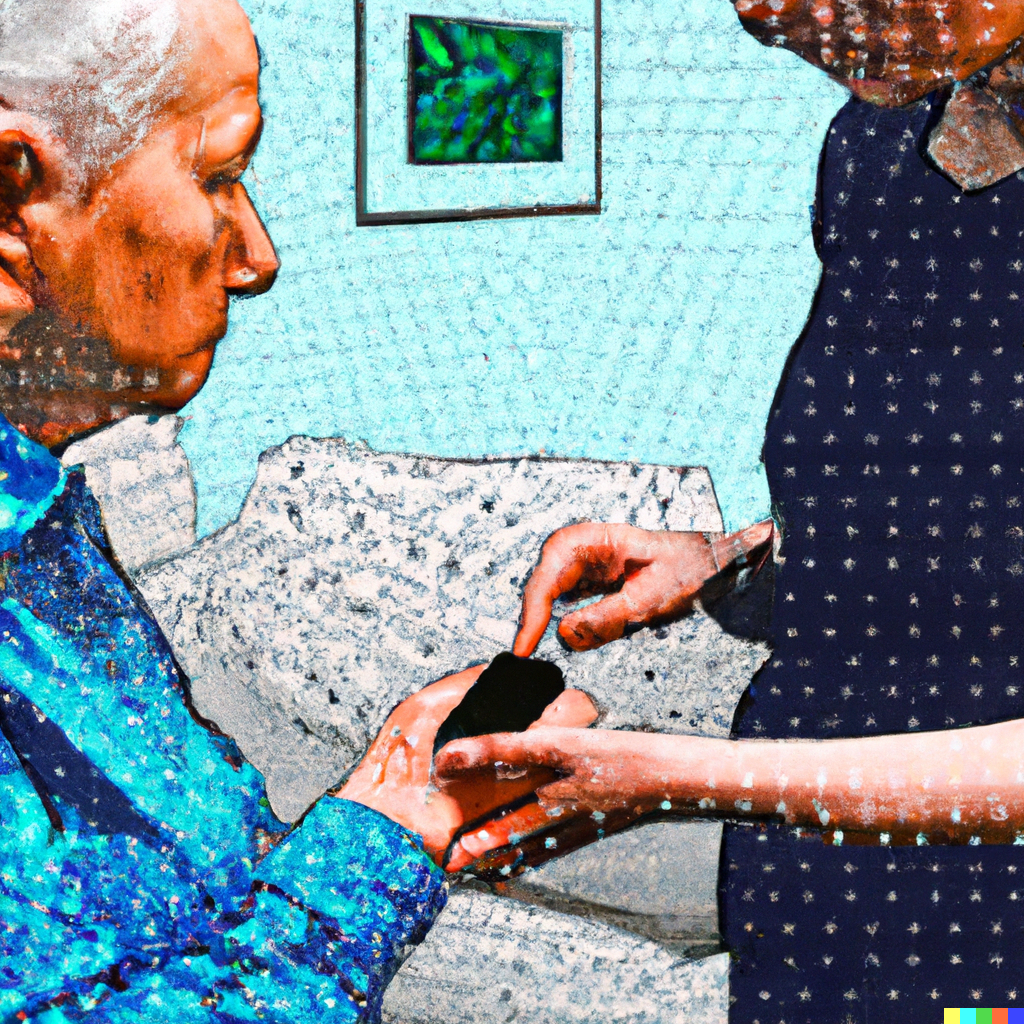
“Smarthome Features as a Service” for Older Adults
Longevity Explorers have reported on how they have used different smarthome features to improve the quality of life of people with vision impairments, people with hearing difficulties, people with limited mobility, and people facing early cognition impairment — as well as people who just find these new capabilities “fun” and “useful”. However, at present there is a “barrier” to widespread adoption of smarthome features that can benefit older adults — the fact that most of the interesting applications require an element of Do-it-Yourself (“DIY”) capability.
We believe there is a big opportunity to broaden the deployment of these empowering smarthome features to others — by using a “smarthome features as a service” model. This Article explains our thinking, and describes a pilot project we are considering in partnership with one of the Villages in Northern California.

Alexa and My Mother: Learnings for Teaching Older Adults Technology
Over the past few years, I have been the major caregiver for my mother, who lives 350 miles away.
This article is partly about my experiences using Alexa to help her, and partly to share some things I have learned about what is important in teaching technology to older adults in ways that mean they will actually take advantage of the benefits of that technology.
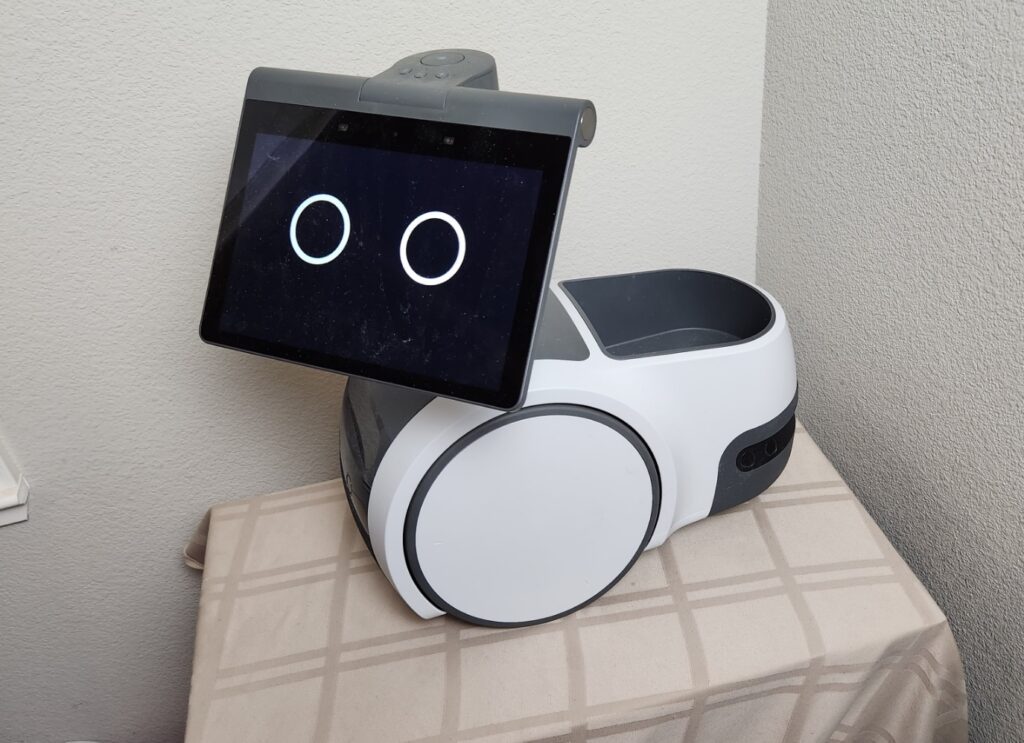
Amazon Astro Robot
The Amazon “Astro” is a small robot that can autonomously navigate its way around a single-story home much like a robot vacuum using a camera for floor mapping. It is being promoted by Amazon as a “Household Robot for Home Monitoring, with Alexa” and is currently offered for sale only by invitation (as of Nov 2022).
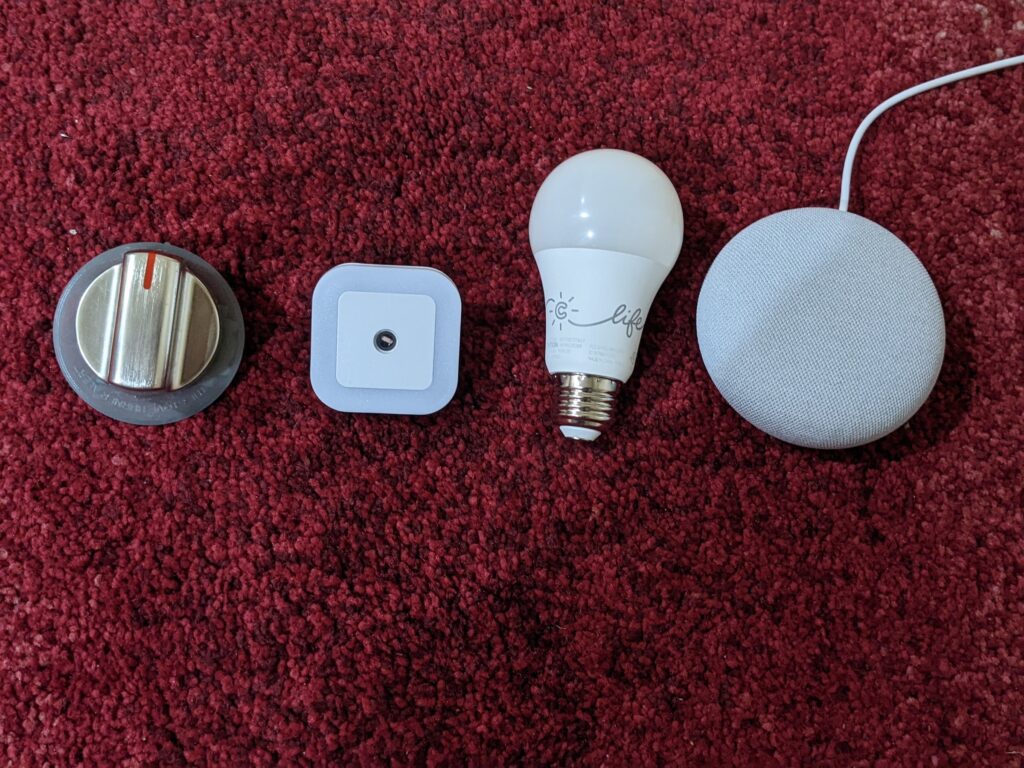
Kitchen and Night Safety for Father-in-law: Smarthome Experiments
I wanted to deploy some smarthome solutions to help my father-in-law who has some physical and cognitive decline. I started with a kitchen safety solution (stove timer), and a night safety solution (lighting). This article explains what I did and why, and how you can do it too.
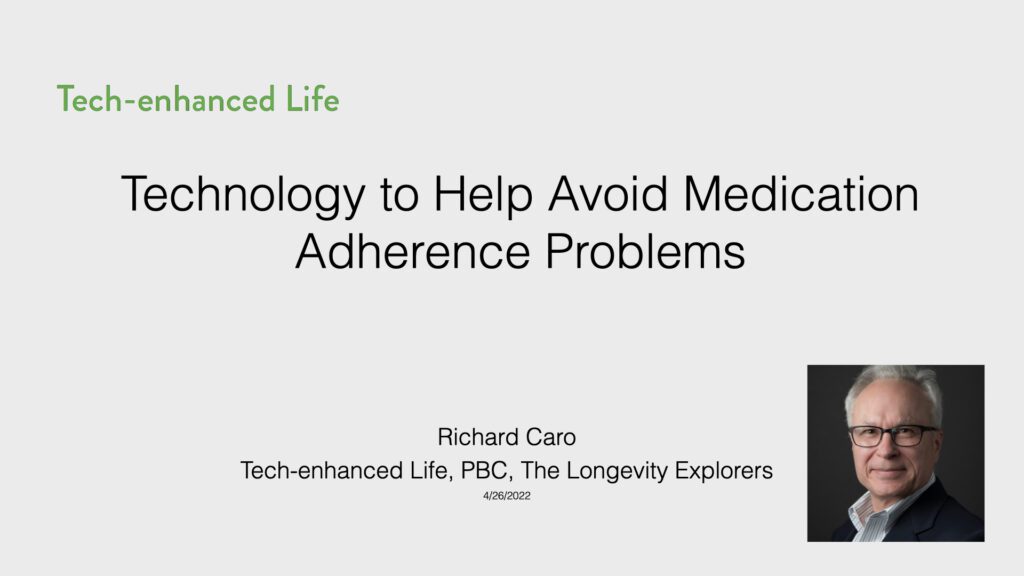
Seminar 5: Technology to Help Avoid Medication Adherence Problems
Clinicians often tell us that poor medication adherence is a big problem among their patients, and also that medication management is one of the more common reasons why older adults get moved to assisted living facilities.
But in recent years there have emerged several very sophisticated “gadgets” designed to help manage medication. These tools range in complexity depending on the specific needs of different types of people, but can make a big difference to quality of life both for the older adult and for their caregiver.
In this talk we introduce you to these products; and explain which ones are most appropriate for various different life situations, and types of people.
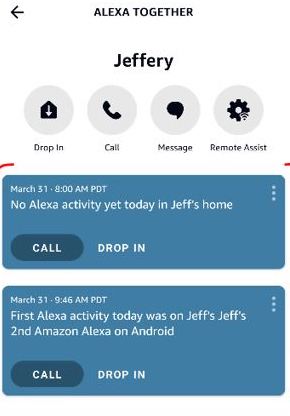
Alexa Together
Amazon “Alexa Together” is a software tool that runs on the Alexa app.
It’s designed to run on Amazon Echo devices in a loved one’s home and is managed by a family member on their smartphone using the Alexa app. While it can serve as a “Medical Alert” device in the fall detection category with additional hardware, it also provides some “Activity Monitoring” of a remote loved one through alerts and the ability to easily create daily reminders.
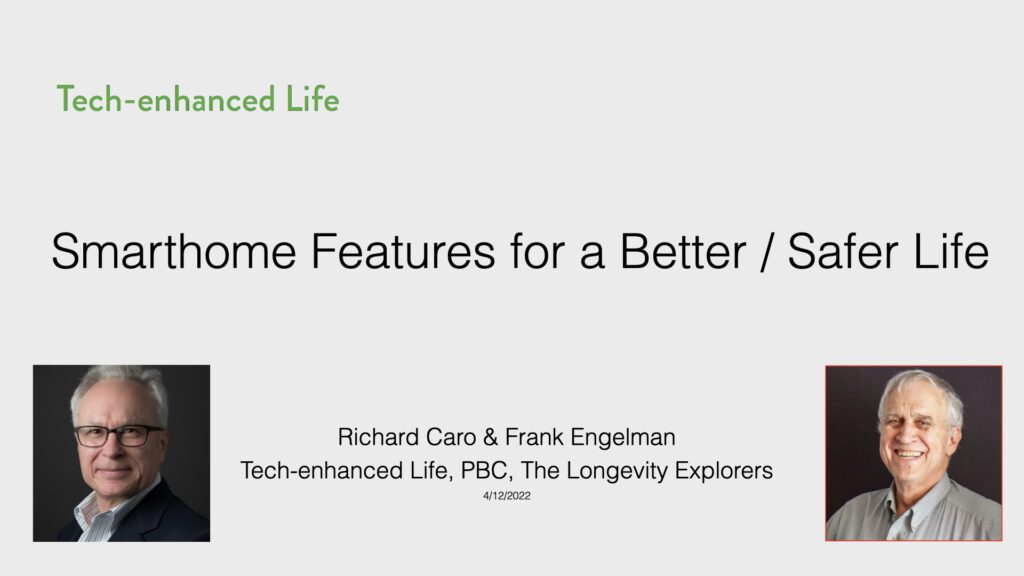
Seminar 4: Smarthome Features for a Better, Safer Life
Richard Caro and Frank Engelman have an ongoing collaboration to publish a series of use cases and recipes for specific “smart home features” — useful to older adults in various life situations. Most of these are based on Frank’s detailed DIY recipes, which he creates for his older relatives, and tests on himself.
In this talk we will introduce you to the situations in which these smart home features are useful, discuss the difficulties of implementing and maintaining them, and show you how to find specific smart home feature recipes for use cases like wandering (dementia), fall avoidance (automatic lighting); “making TV useful again”; and many more.
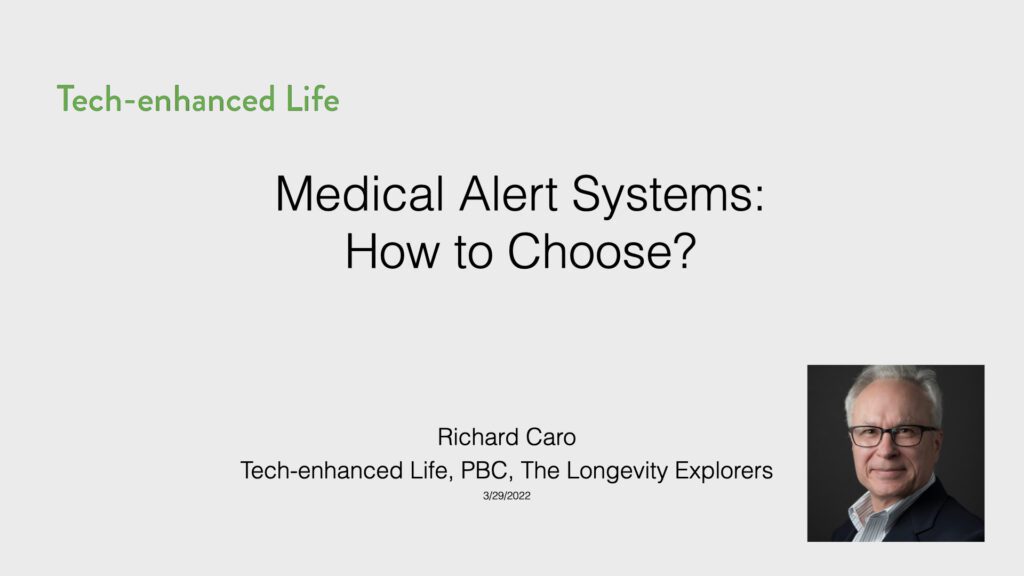
Seminar 3: Which Medical Alert? And Who Needs One?
Medical Alerts are well known “safety” devices. However there are many different types, and there are very few resources to help decide which type is best. Tech-enhanced Life has for years been evaluating different products in this category. While we do not believe there is such a thing as a “best” medical alert, we do think there are often a handful of “best” products for specific individuals (the right features depend on lifestyle).
In this talk, we will explain how to decide which type of medical alert is right for a specific person, and introduce you to the detailed coverage on Tech-enhanced Life that will enable you to pick a specific product that works for the person in question.
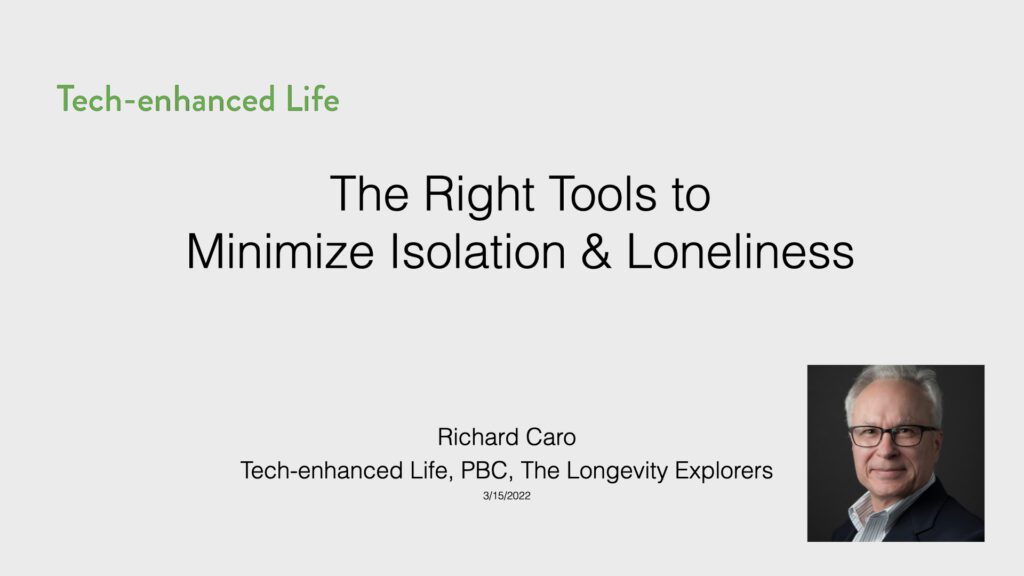
Seminar 2: Tools to Minimize Loneliness and Isolation
As many of us have been reminded during the pandemic, isolation and loneliness are very undesirable. But isolation is a frequent accompaniment to aging, as people lose mobility, lose the ability to drive, and lose members of their circle of friends.
While we have not found the silver bullet to solve these challenges, we have found a number of useful technologies that can help stay in touch with friends at a distance. There are also promising new solutions with the potential to help with making new friends, or with meeting people with similar interests. In this talk, we will dive into the details of these solutions, as well as frame the problems and describe how Longevity Explorers have approached avoiding social isolation.
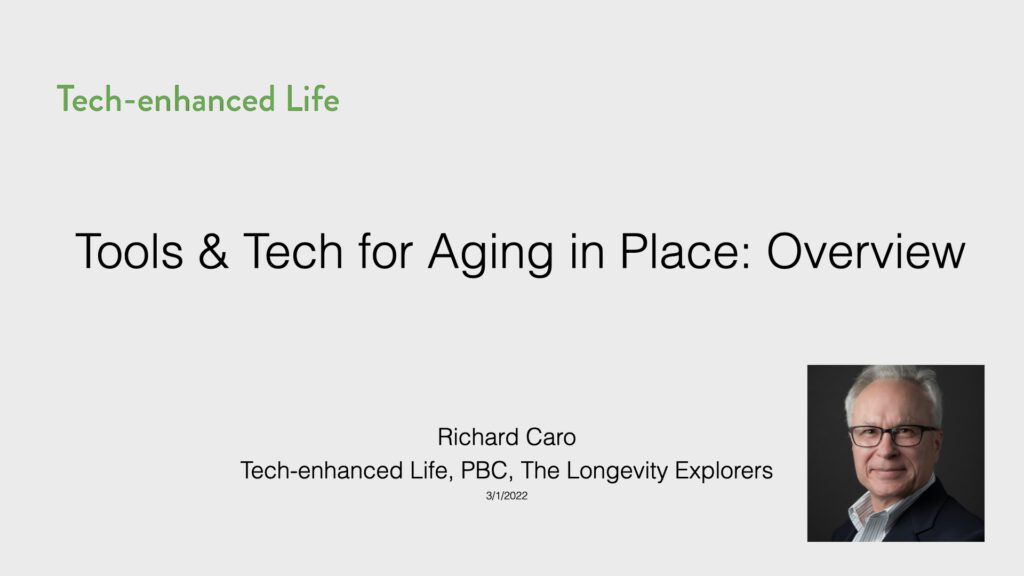
Seminar 1. Tools & Tech for Aging in Place: Overview
Over the last few years, a number of technology products have come to market that have the potential to help older adults remain independent for longer, and reduce the stresses on caregivers that help them.
In this talk Dr. Caro will introduce you to some of these products that the community of Longevity Explorers has found to be especially useful. He will also give an overview of the different types of aging in place issues likely to be solved with technology solutions and set the stage for the follow-on seminars.
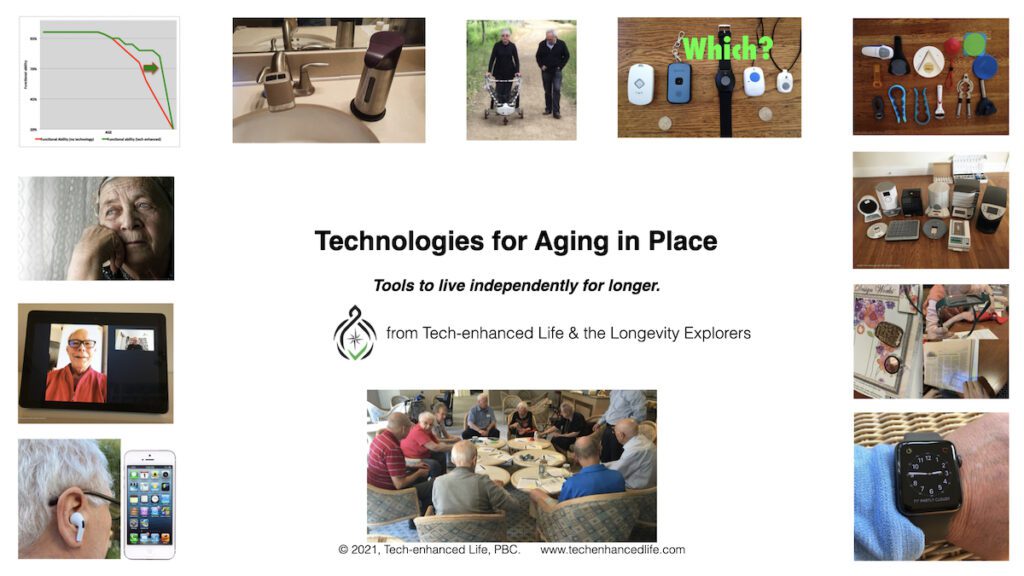
Seminar Series: Technologies for Aging in Place. Semester 1
Wondering which products and services can help an older adult live independently, with autonomy, as long as possible? Sign up for this seminar series to learn the answers.
Together with a community of older adults called the Longevity Explorers, Tech-enhanced Life has spent the last 8 years exploring the intersection of aging and technology, and evaluating a wide range of products and services designed to help people live independently for as long as possible. In this seminar series, we synthesize what we have learned.
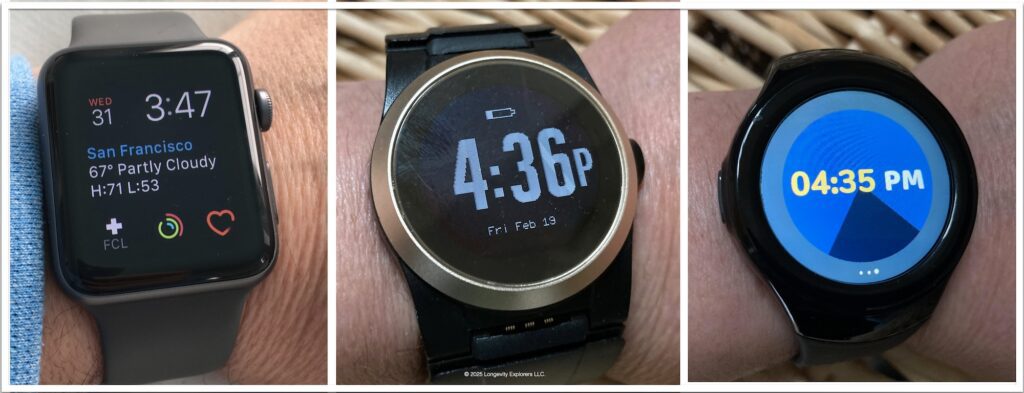
Best Fall Detection Watch: Hands-on Evaluation
Which is the best fall detection watch, many older adults and their families are wondering? We look at how to choose the best fall alert watch for a given individual. The evaluations described here include actual hands-on testing, done by technologists who also happen to be older adults.
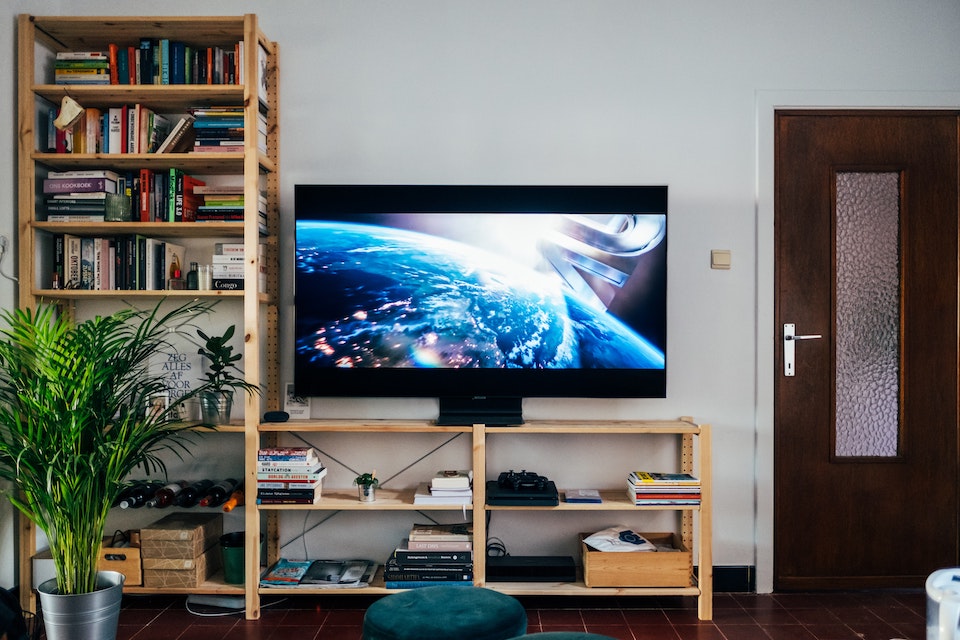
Smart Living Room Features for Older Adults
This article covers several smart living room features that author Frank Engelman has found useful for family members or friends — and that focus on challenges of particular relevance to people as they age.
This is part of our Smart Home Features for Older Adults series, in which we share specific recipes and kit lists for individual smart home features — organized on a room by room basis.
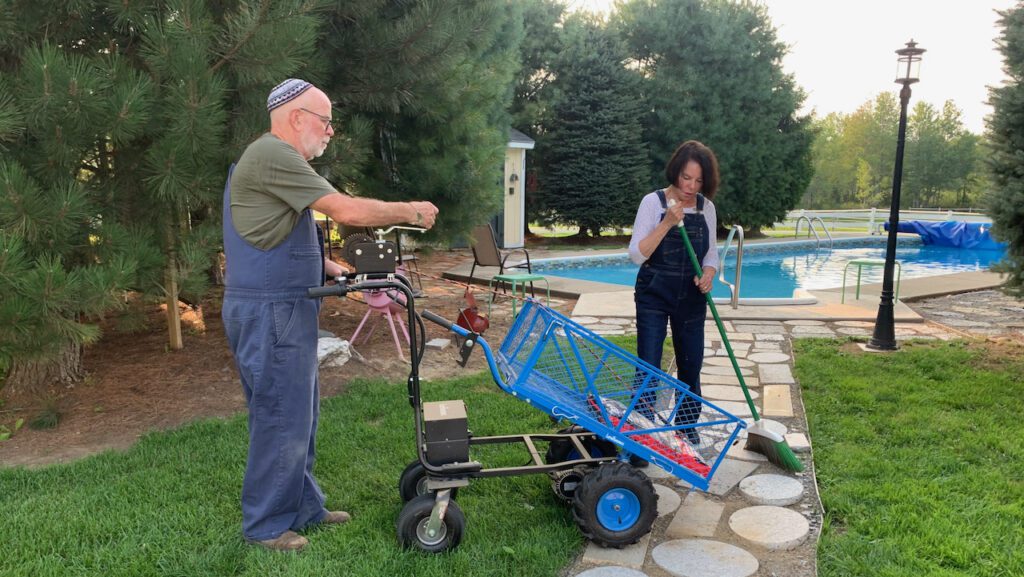
Active Aging: Rethinking the Use of Everyday Objects
As our bodies change with age, we are often advised by well-meaning health providers, family and friends to relinquish the activities we value and that give our lives meaning. We prefer the process of rethinking and repurposing everyday, affordable objects — so we can keep doing the “things we love“.
We discuss and provide examples of how to rethink outdoor activities such as gardening, animal care, and even simple farming. The principles can be adapted to many other hobbies and interests you may have!
